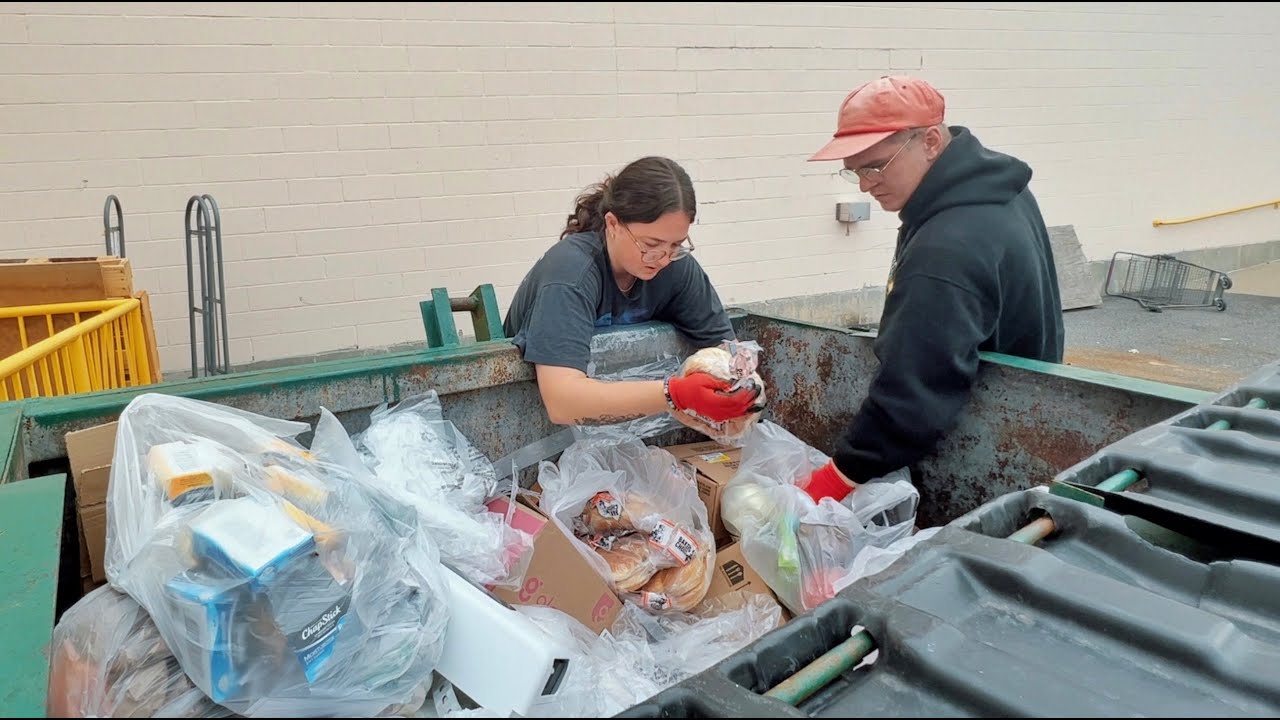Is Dumpster Diving Illegal in Rhode Island?
Dumpster diving, the practice of searching through dumpsters or trash bins for discarded items, raises questions regarding its legality in Rhode Island. Understanding the laws surrounding this activity is crucial for those interested in engaging in it. In this article, we will explore the legal implications, relevant statutes, and possible consequences associated with dumpster diving in Rhode Island. Additionally, we will provide alternative options and discuss the advocacy surrounding the laws on this subject.
Understanding the Laws on Dumpster Diving
To comprehend the legality of dumpster diving in Rhode Island, it is essential to examine the state’s laws. Although Rhode Island does not have specific regulations addressing dumpster diving, other laws may come into play when engaging in this activity. These laws primarily focus on trespassing and property rights, as well as potential health and safety concerns related to the collection of discarded items.
Legal Implications of Engaging in Dumpster Diving
While dumpster diving itself may not be explicitly illegal in Rhode Island, certain actions associated with it can have legal implications. For example, if a dumpster is located on private property, entering that property without permission may constitute trespassing. Additionally, removing items from a dumpster may be considered theft if the property owner has not abandoned them.
Rhode Island’s Stance on Dumpster Diving Activities
Rhode Island does not have specific laws that either prohibit or permit dumpster diving. Therefore, it is crucial to understand the broader legal principles that may apply, such as trespassing, theft, or other relevant statutes. This lack of specific legislation leaves room for interpretation and enforcement by local authorities.
Exploring Relevant Statutes in Rhode Island
Rhode Island has several statutes that can be relevant to dumpster diving activities. Trespassing laws, for instance, prohibit entering or remaining on private property without permission. Theft laws may also come into play if items are taken without the property owner’s consent. It is important to familiarize oneself with these statutes to understand the legal implications of engaging in dumpster diving.
Analyzing Trespassing Laws in Relation to Dumpster Diving
In Rhode Island, trespassing laws prohibit individuals from entering or remaining on private property without permission. Therefore, if dumpsters are located on private property or within closed-off areas, accessing them without authorization may constitute trespassing. Property owners have the right to prohibit others from entering their premises, including their dumpsters.
Possible Consequences of Engaging in Dumpster Diving
The consequences of engaging in dumpster diving without proper authorization can vary. If caught trespassing or stealing items from a dumpster, individuals may face criminal charges, fines, or even imprisonment. The severity of the penalties depends on the circumstances of the specific case and the discretion of law enforcement and the judicial system.
Exceptions and Limitations to Dumpster Diving Laws
Some exceptions and limitations may exist regarding dumpster diving in Rhode Island. For example, if the dumpster is placed on public property, such as a sidewalk or a public park, accessing it may not constitute trespassing. However, it is crucial to research and understand local ordinances and regulations that may restrict or prohibit dumpster diving in specific areas.
Factors to Consider Before Engaging in Dumpster Diving
Before engaging in dumpster diving activities in Rhode Island, several factors should be considered. These include researching local laws and regulations, obtaining permission from property owners, ensuring personal safety by wearing appropriate protective gear, and respecting the privacy and property rights of others. Understanding the potential legal consequences and taking necessary precautions will help individuals navigate the activity responsibly.
Legal Alternatives to Dumpster Diving in Rhode Island
Instead of engaging in dumpster diving, individuals in Rhode Island can explore legal alternatives to obtain discarded items. These alternatives include participating in community recycling programs, visiting thrift stores or second-hand shops, or joining online platforms and groups dedicated to freecycling or exchanging unwanted items. These avenues provide legal and socially responsible methods of obtaining pre-owned goods.
Advocacy and Discussions Surrounding Dumpster Diving Laws
Advocacy groups and individuals have engaged in discussions surrounding dumpster diving laws in Rhode Island. Some argue that the practice promotes recycling and reduces waste, while others express concerns about the potential hazards and trespassing issues associated with it. These ongoing conversations serve to shape public opinion and potentially influence future legislation regarding dumpster diving.
Conclusion: Navigating Dumpster Diving Legality in Rhode Island
While Rhode Island does not have specific laws directly addressing dumpster diving, certain actions associated with the activity can have legal implications. Understanding relevant statutes, such as trespassing and theft laws, is crucial to avoid potential legal consequences. It is essential to research local ordinances, obtain permission from property owners, and consider legal alternatives before engaging in dumpster diving. By doing so, individuals can navigate the legality of this activity responsibly and contribute to waste reduction efforts within the bounds of the law.





